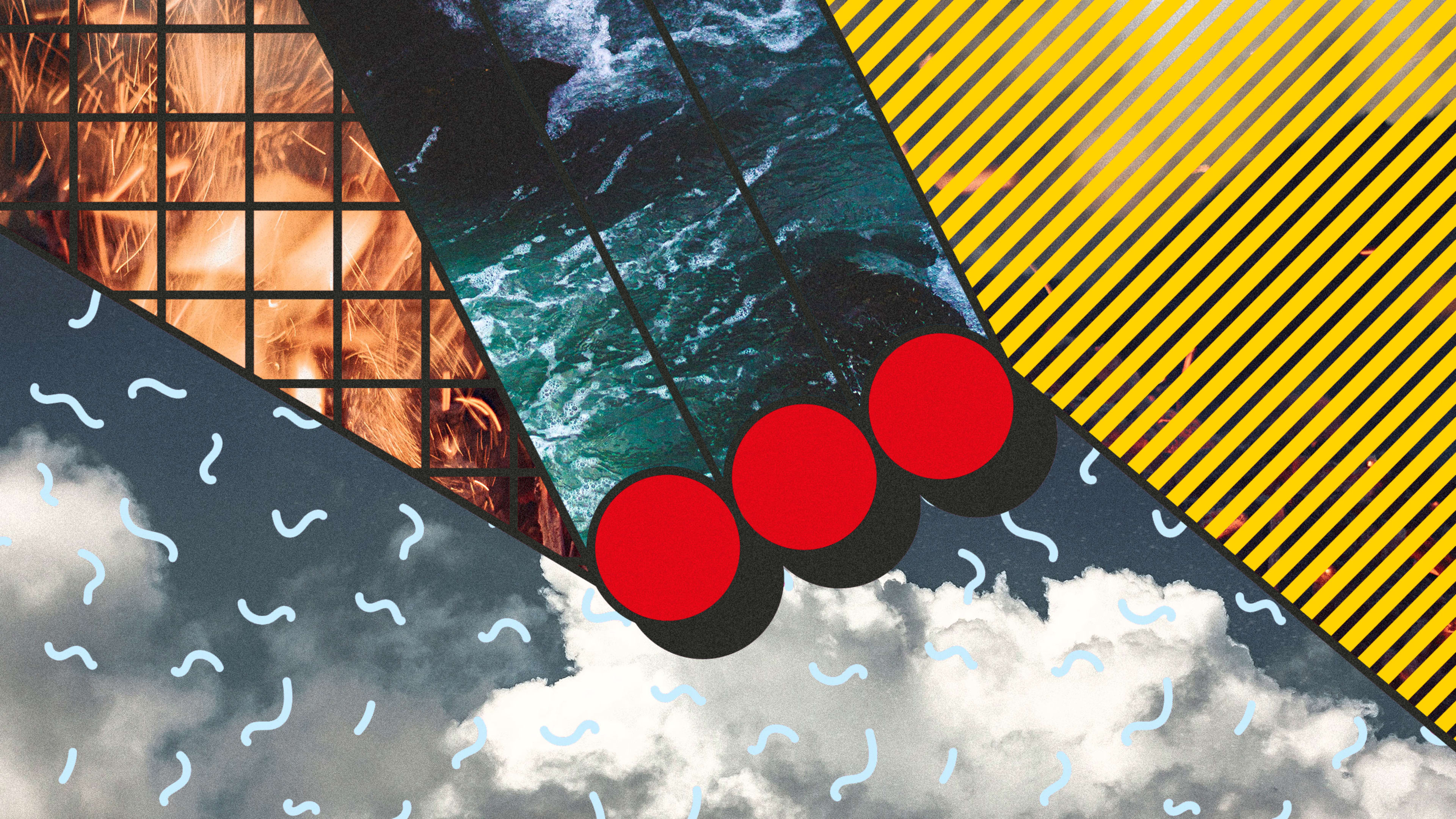As climate change fuels bigger disasters—from Hurricane Dorian leveling parts of the Bahamas to heat waves this summer that prematurely killed nearly 1,500 people in France—the world needs to act now to become more resilient, says a new report from a global commission led by Bill Gates, Ban Ki-moon, and Kristalina Georgieva, who is on leave as CEO of the World Bank. The changes are in the world’s economic self-interest: The report calculates that some of the key investments needed could generate $7.1 trillion in total net benefits.
The report, Adapt Now: A Global Call for Leadership on Climate Resilience, says that while there’s a clear case for ambitious adaptation, it isn’t happening quickly enough or at a great enough scale. Societies, including businesses, need to better understand how much is at risk and what solutions exist. New infrastructure needs to be built with climate change in mind; both governments and banks need to invest more. Without changes, the prospects are grim: The number of people who don’t have enough drinking water will balloon from 3.6 billion to more than 5 billion by the middle of the century. Hundreds of millions of people living in coastal cities could be forced to move, costing cities $1 trillion a year by 2050. More than 100 million people could be forced below the poverty line by 2030. The people who are least responsible for climate change will be hurt most, though every city will be affected. “The toll on human life is irrefutable,” the report says. “The question is how will the world respond: Will we delay and pay more or plan ahead and prosper?”
Investing $1.8 trillion over the next decade in five key areas would lead to $7.1 trillion in benefits. Those investments include building new early warning systems for storms and creating more resilient urban infrastructure—from climate-proofing existing buildings to building storm barriers or plazas in the Netherlands designed to be used as parks until a storm comes, when the basins can double as storage for water to prevent floods. Changes in water management are critical as many countries deal with more frequent droughts. The proposed investments also include restoring and protecting mangrove forests, which protect communities from storm surges while helping boost fishing industries, and changes in farming, like drought-tolerant maize that small farmers are now growing in Zimbabwe.
The commission held launch events in 10 global cities today as it begins a campaign to push the world to act faster. “People everywhere are experiencing the devasting impacts of climate change,” Bill Gates, who serves as cochair of the Global Commission on Adaptation along with his role as cochair of the Bill and Melinda Gates Foundation, said in a release. “Those most impacted are the millions of smallholder farmers and their families in developing countries, who are struggling with poverty and hunger due to low crop yields caused by extreme changes in temperature and rainfall. With greater support for innovation, we can unlock new opportunities and spur change across the global ecosystem. Adaptation is an urgent issue that needs support from governments and businesses to ensure those most at risk have the opportunity to thrive.”
Recognize your brand’s excellence by applying to this year’s Brands That Matter Awards before the early-rate deadline, May 3.
